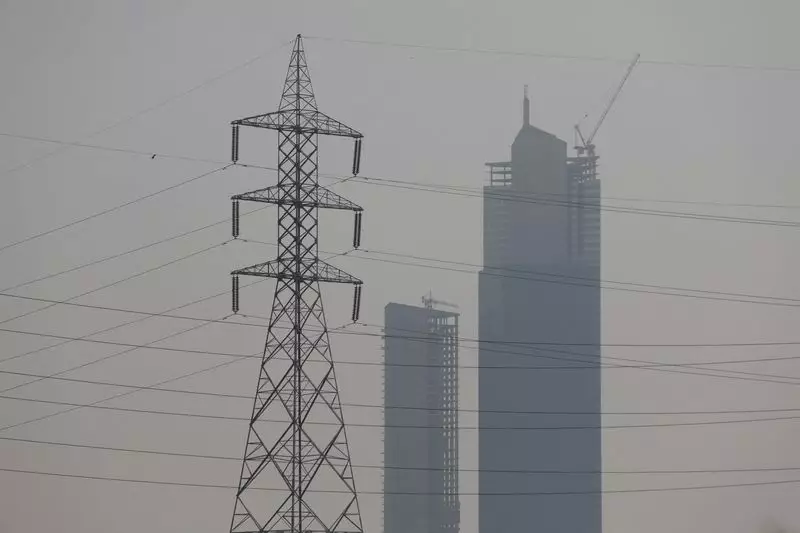In a significant policy shift aimed at revitalizing the energy sector, Pakistan is set to reduce electricity tariffs during the winter months. Announced by Power Minister Awais Leghari, this initiative is part of a broader strategy to enhance electricity consumption and reduce reliance on natural gas for heating. The decision comes at a time when citizens and businesses have been grappling with substantial increases in electricity costs due to reforms influenced by the International Monetary Fund (IMF).
The impending tariff reduction is expected to deliver much-needed relief to the public, who have felt the financial strain of high energy prices. This move is particularly critical as it aims to counteract a concerning trend where electricity consumption has dropped significantly—by as much as 8-10% year-on-year over recent quarters. The goal is not only to alleviate the burden on consumers but also to stimulate economic activities during the colder months, traditionally a period of reduced electricity demand. As Leghari noted, there is an urgent need to boost demand, especially since many households depend on inefficient gas systems for heating.
As part of the pilot program, which will begin in December 2024 and run until February 2025, officials anticipate that the lower tariffs will stimulate industrial output by reducing energy costs by approximately 7-8%. This is a strategic move towards a larger ambition of achieving a net annual growth rate of 2.8% over the next decade. The implications for industrial sustainability are profound, as reduced energy costs could pave the way for enhanced competitiveness and innovation within key sectors.
The backdrop to this initiative is the IMF’s recent approval of a $7 billion loan over 37 months aimed at stabilizing Pakistan’s economy, which has been under pressure from high energy costs and inflation. While the IMF’s stance on this tariff reduction has not been explicitly detailed, the program indicates an effort to rationalize energy tariffs and manage power sector debts, showcasing the government’s commitment to structural reform. The focus here also extends towards promoting cleaner energy solutions, particularly in shifting towards electric vehicles and addressing air pollution.
The decision to lower electricity tariffs represents a critical intersection of immediate relief and long-term strategy for Pakistan. By actively working to revitalize electricity consumption through reduced tariffs in winter and collaborating with various stakeholders—including international partners—the government is laying the groundwork for a more sustainable energy future. This initiative could potentially mark a new era in Pakistan’s energy landscape, moving towards a system that values efficiency and environmental responsibility while supporting economic growth. As such, the success of this pilot program will be a crucial indicator of Pakistan’s ability to navigate its energy challenges in the face of both domestic and international pressures.

